39 Duties And Responsibility Of Banquet Chef | Catering Chef
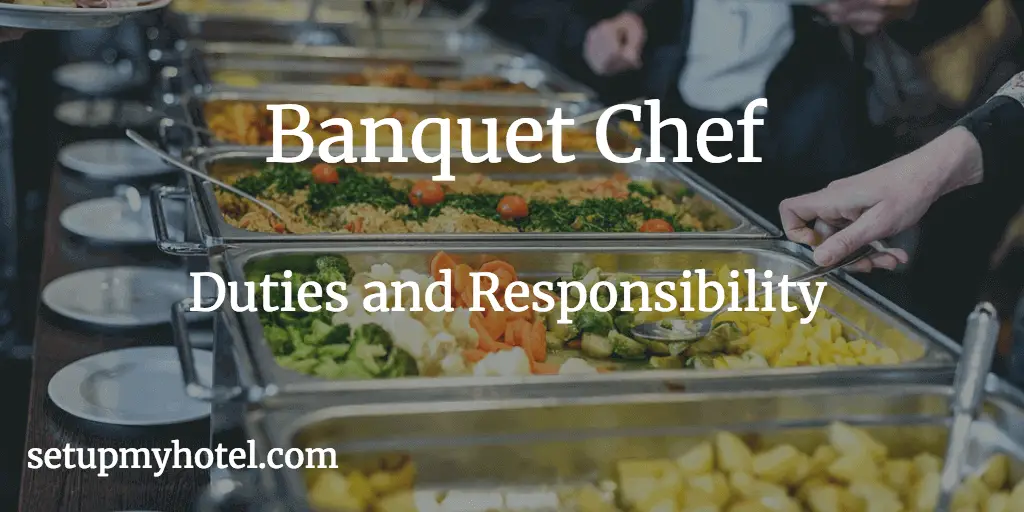
Job Description, Duties, Interview Questions and Salary for Banquet Chef As a Banquet Chef, you will be responsible for overseeing ...
Read more
Job Description For Cafeteria Cook

Job Description, Duties, Interview Questions and Salary For Cafeteria Cook A cafeteria cook is responsible for preparing and cooking meals ...
Read more
Short-Order Cook Duties And Responsibilities
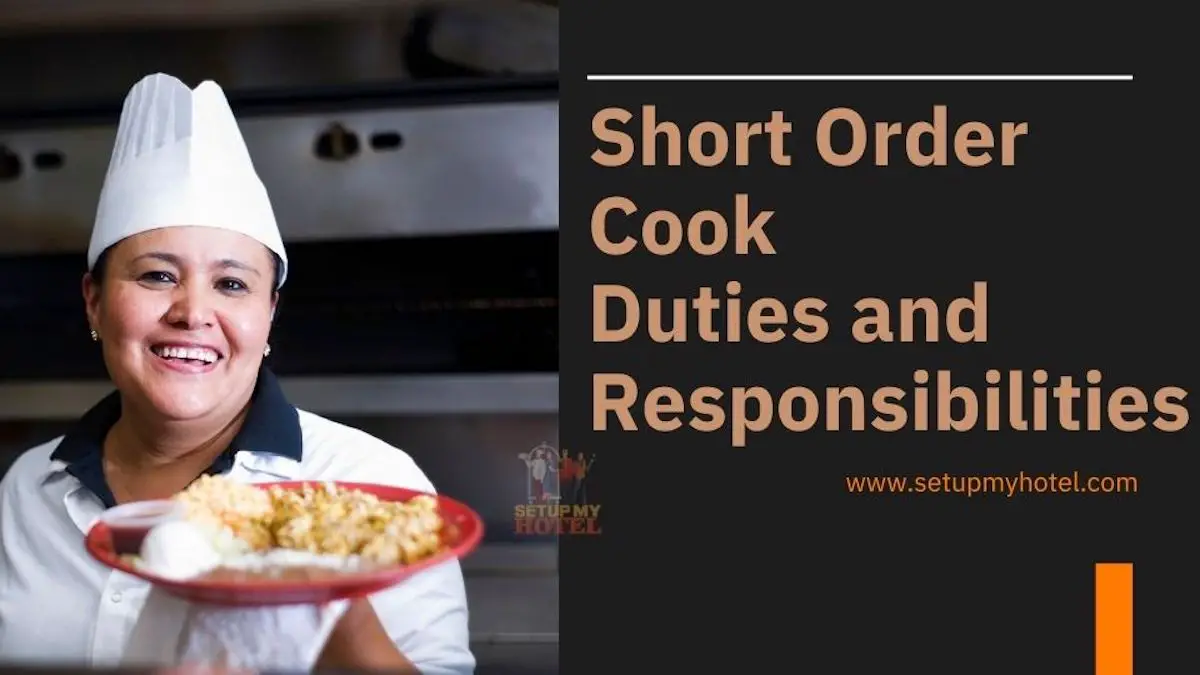
Job Description, Duties, Interview Questions and Salary For Short-Order Cook A short-order cook is responsible for preparing meals quickly and ...
Read more
37 Duties And Responsibility For Executive Chef

Job Description, Duties, Interview Questions and Salary for Executive Chef Position An executive chef is a highly skilled culinary professional ...
Read more
Types Of Stock – White | Brown | Vegetable | Fish
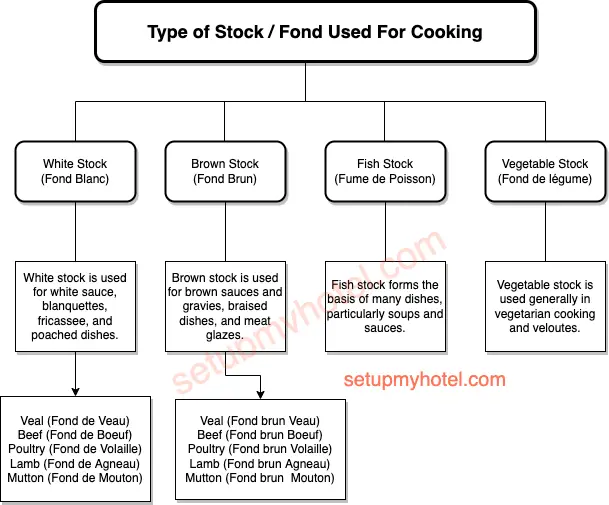
Types of Stock – White | Brown | Vegetable | Fish When it comes to cooking, the type of stock ...
Read more
Types Of Broth – How It Is Made? | Broth Vs Stock
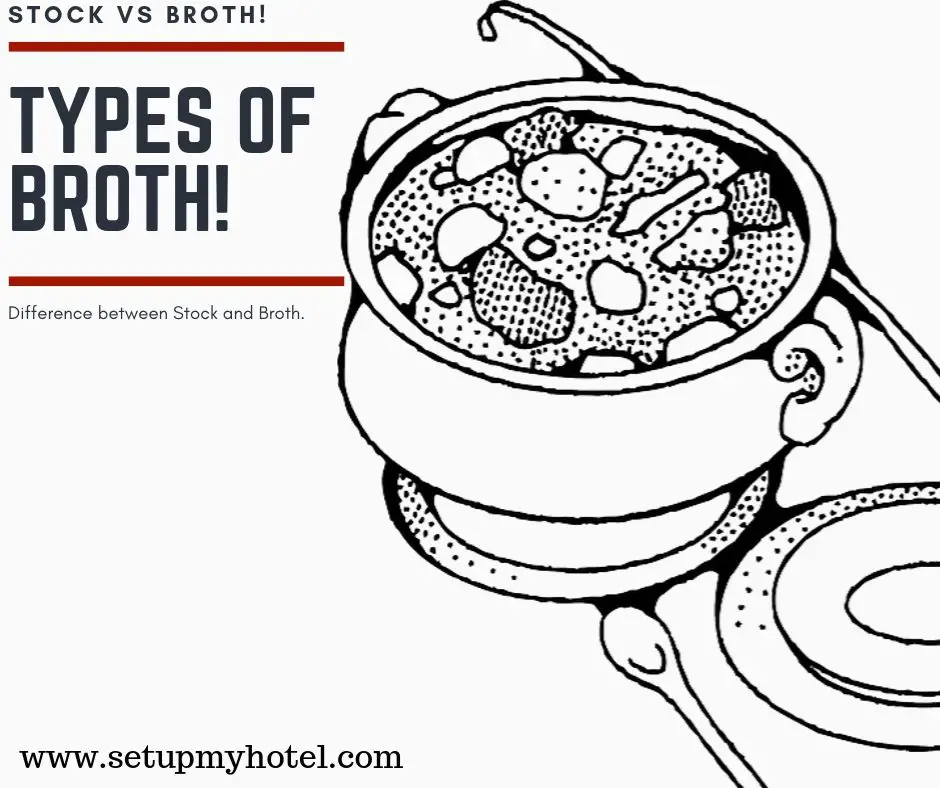
What is Broth? How does it differ from Stock? Broth and stock are similar in technique and cooking time. Meat, ...
Read more
Stock Thickening And Binding Agents Used In Hotel Kitchen
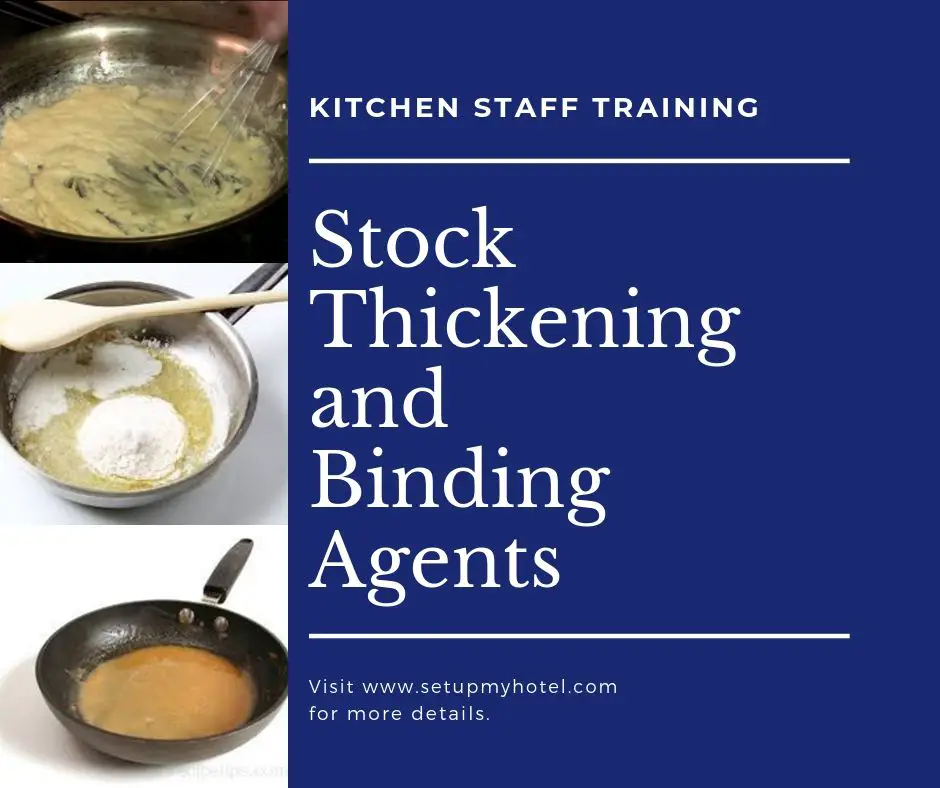
Standard Stock Thickening and Binding Agents Thickening agents give body, consistency, and palatability when used. They also improve the nutritive ...
Read more
SOP – Kitchen / F&B Production – Preparing And Handling Hot Foods
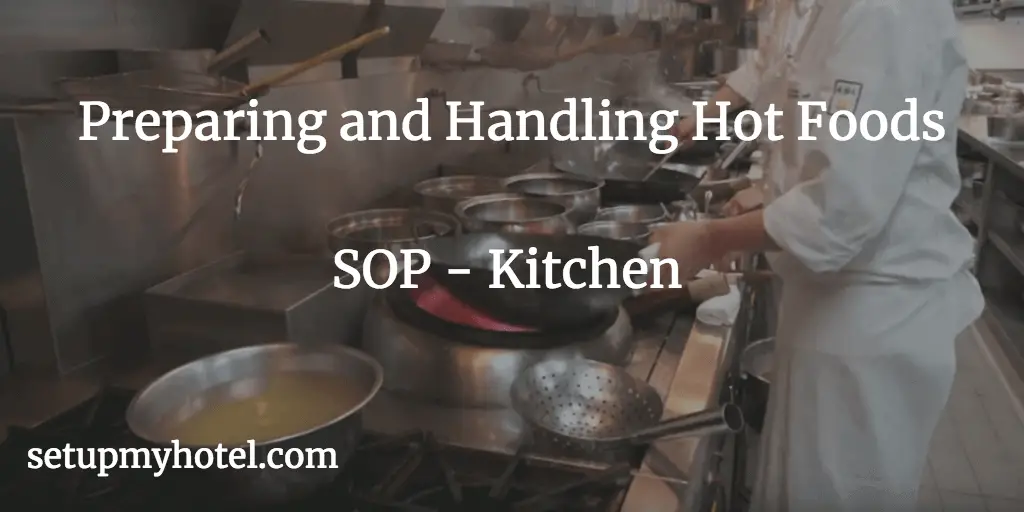
Preparing and Handling Hot Foods in the Hotel Kitchen Preparing and handling hot foods in a kitchen or F&B production ...
Read more
SOP – Kitchen / F&B Production – Microwave Oven Usage And Safety

Microwave Oven Usage and Safety Procedure No chef shall misuse the microwave oven through lack of knowledge, and the principal ...
Read more
SOP – Kitchen / F&B Production – Food Handling And Sanitation
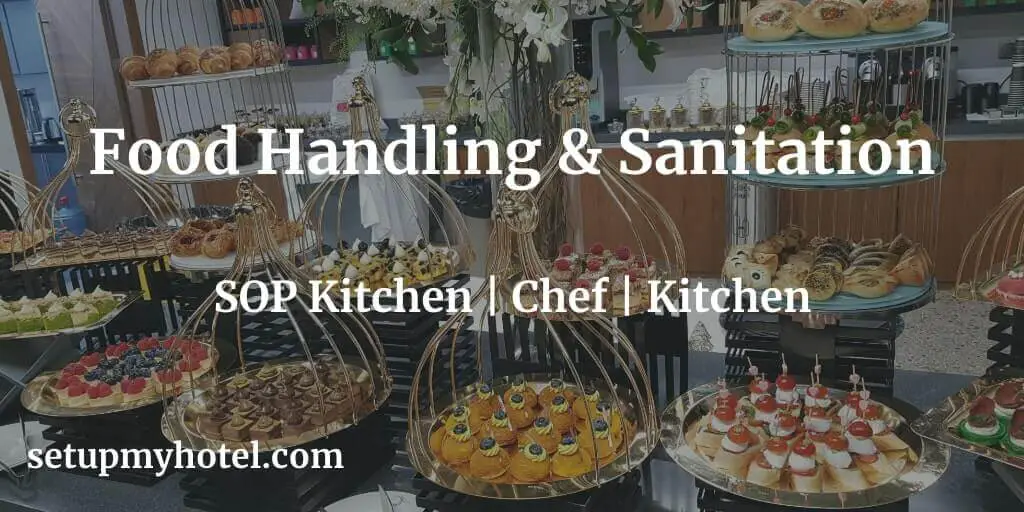
Standard Food Handling and Sanitation in the Hotel Kitchen While doing food handling & preparation, chefs have to be free ...
Read more









